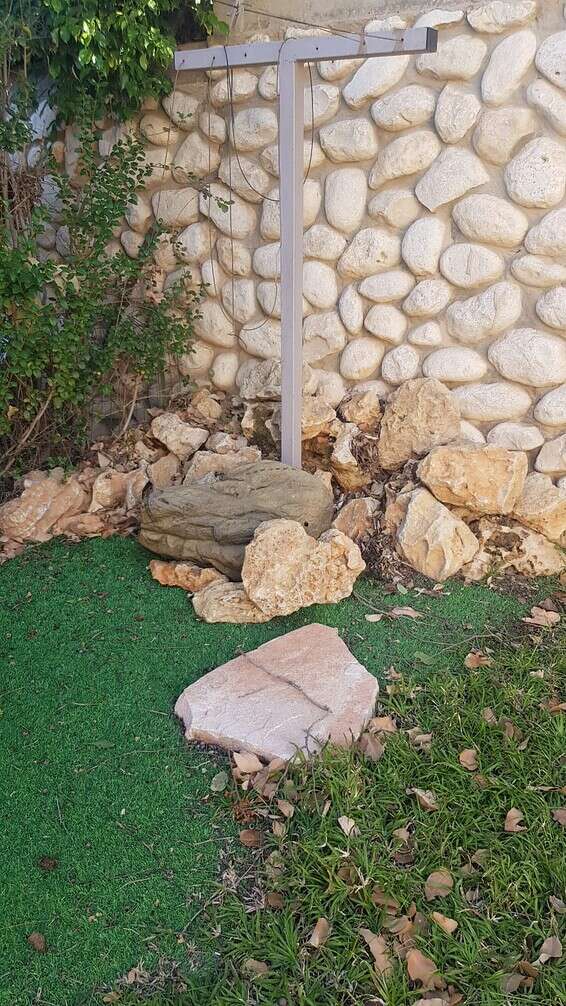The old and well-known spy rocks need batteries, which are replaced at great risk. • Students have made a breakthrough, and are already gaining interest from security sources
Illustration image
Photography:
Oren Cohen
Spy rock has been a means of existence for several years in the world of defense industry and is used to photograph and document events in a covert manner, but the need to charge it by forces on the ground makes its use a bit cumbersome.
Recently, two students managed to crack the existing method and bring about a breakthrough in the field which has gained interest from various security sources.
It all started when Dr. Nir Trabelsi from the Department of Mechanical Engineering at SCE, the Sami Shimon Academic College of Engineering, talked to a source in the defense industry and heard about the need for spy rocks.
Guy Seroussi (26) and Guy Dadon (27), graduates of the college branch in Be'er Sheva, also heard about this need, and decided that the development of an autonomous spy rock would be at the center of their final project for undergraduate studies.
"We researched the issue and found that although there are spy rocks in use, they are built on batteries that need to be replaced once in a while, which requires the entry of forces into the area and the danger that the rock will be exposed," Dadon tells Israel Today and adds about the technology they chose to focus on. "That is, the use of means hidden from the eye and the sun that will still draw energy from it and activate what is needed."
With the help of fiber optics, mirrors and a special lens that help focus more light and heat they were able to develop a rock capable of photographing and documenting 24 hours a day without the need for human contact, "another innovation we added are backup batteries so the rock can continue to work even on sunny nights or winters. They themselves are also charged with the solar energy method and there is no need to replace them. "
Dadon, who has been standing in the garden of his house for several months, notes that it can be used in other ways, "If a soldier gets lost and his battery is depleted, he can reach the rock and charge it with his help. Beyond that, the rock can be used to record photos and even Watch them live. "
Dr. Trabelsi, who co-led the two with Nir Sabag, noted that “the project presented an impressive combination of entrepreneurship, innovation and advanced technologies.
The engineering and multidisciplinary ability acquired by the students during the degree was reflected in an original and useful project that came to a working and almost final product.
It is worth noting that the students worked day and night for the success of the project and met the high standard they set for themselves. "
The head of the department, Dr. Gedaliah Mazor, adds that "despite the constraints that the Corona has created, the students have been able to develop and produce a high quality prototype."
The college notes that in addition to security use, development can also be aided in the fight against agricultural crime and the scourge of theft that many farmers have to deal with.
Beyond that, after the rock was presented to officials in the defense industry, a request was made to the college to examine cooperation on the subject.








